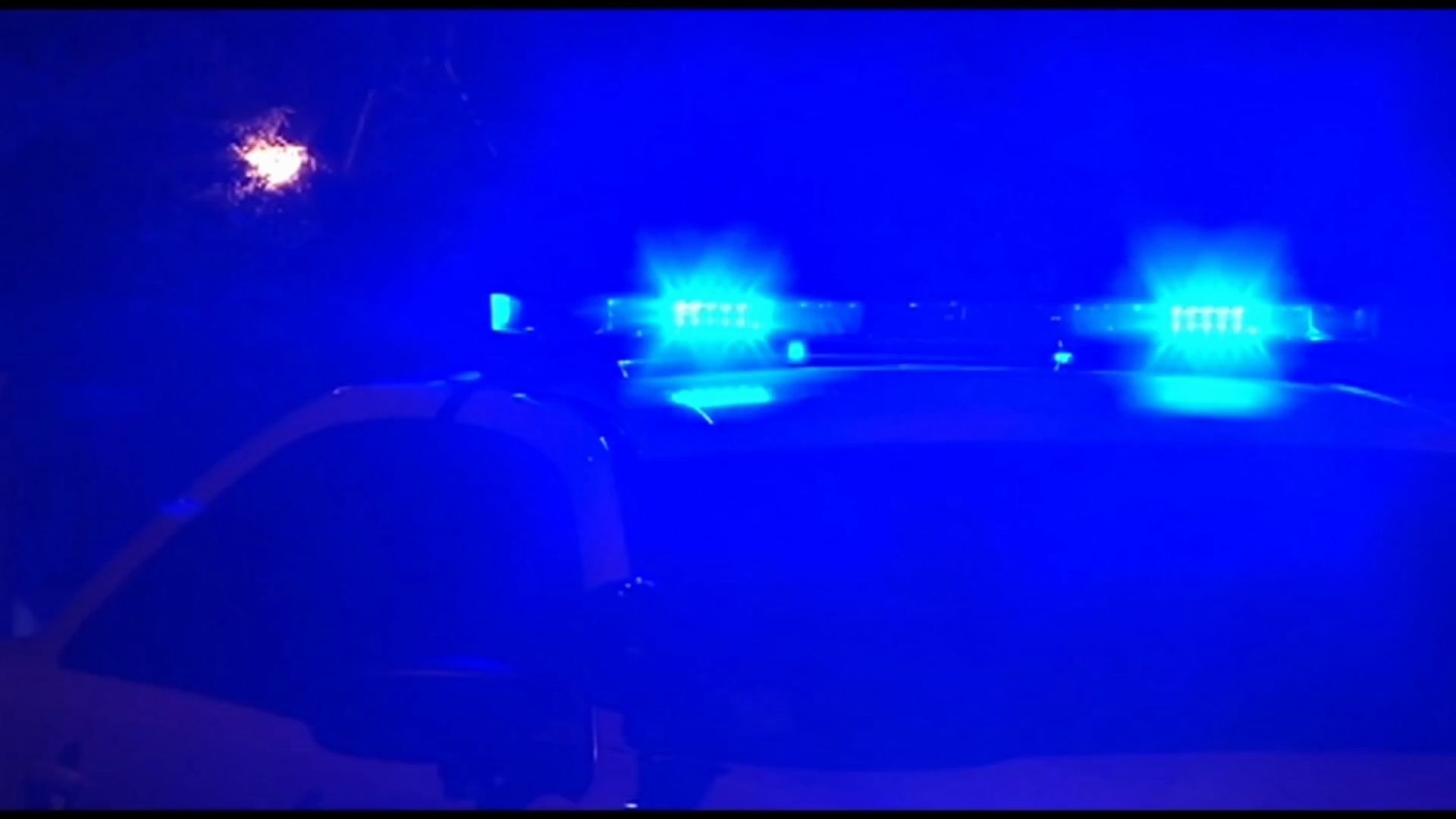Tribune Co. won court approval to emerge from Chapter 11 bankruptcy protection, more than four years after a leveraged buyout left the media company with unsustainable debt.
U.S. Bankruptcy Judge Kevin Carey, in Wilmington, Del., on Friday overruled outstanding objections by various creditors to the plan, which leaves Tribune in the hands of a new ownership group led by hedge fund Oaktree Capital Management, JPMorgan Chase and Angelo, Gordon & Co., a firm that invests in troubled companies.
Carey said that once final revisions to the plan are made, he will confirm it.
Tribune, which was founded in 1847, publishes some of the best-known newspapers in the U.S., including the Los Angeles Times, The Baltimore Sun and the Chicago Tribune. It also owns WGN in Chicago and 22 other television stations, as well as the WGN radio station.
Tribune Co. sought bankruptcy protection in 2008, less than a year after billionaire developer Sam Zell led an $8 billion leveraged buyout that left the company with $13 billion in debt. A leveraged buyout is a purchase of a company using mostly borrowed money.
The deal closed at a time when newspapers throughout the country were already struggling with declining advertising. Then, the economy slid into the worst recession since World War II, and advertising plunged even more.
Carey's approval of Tribune's reorganization plan clears the way for the company to seek approval from the Federal Communications Commission for the transfer of broadcast licenses to the new owners. The process could take six months or longer.
The U.S. Supreme Court last month refused to hear an appeal by media companies including Tribune seeking to lift a federal prohibition on owning both a newspaper and a television station in the same market. The decision means Tribune's new owners -- who already hold interests in other media companies, including some acquired in other bankruptcy cases -- may have to sell some newspapers or television stations in order to meet the "cross-ownership" rules.
Local
According to court papers, the value of Tribune's broadcast businesses is estimated at $2.85 billion. The estimated value of its publishing businesses is $623 million.
Carey's approval of Tribune's plan came after he rejected an earlier version last fall.
The judge had ruled that a proposed settlement shielding the buyout lenders from lawsuits related to the buyout was fair and reasonable, but he found some other provisions in the plan too broad. He also said there were problems with fairness in the treatment of certain junior bondholders and with creditor voting on the plan.
The plan approved Friday addressed those concerns.
Many of the disputes in the case centered on a 2010 conclusion by a court-appointed examiner that the final steps of Tribune's buyout probably constituted fraud.
Following the bankruptcy filing and the examiner's ruling, JPMorgan, Oaktree, and Angelo Gordon, as holders of Tribune's senior loan debt, worked with the company and its committee of unsecured creditors to fashion a reorganization plan.
While Tribune's plan shields JPMorgan and other lenders from lawsuits related to the buyout, it allows junior creditors to pursue buyout-related claims against other parties. Those include Zell, other Tribune officers and directors, and Tribune stockholders who sold their shares in the buyout.
Those junior creditors include Aurelius Capital Management, a hedge fund that spearheaded opposition to Tribune's plan. Aurelius and other dissident creditors argued that JPMorgan and other lenders that financed the buyout were well aware of Tribune's shaky financial situation in 2007 and were escaping legal liability too easily under Tribune's plan.
The court-appointed examiner found that a court presiding over a buyout-related lawsuit is "highly likely" to conclude that the final stage of the buyout would leave the company insolvent.
At the time the buyout was completed in December 2007, Tribune's liabilities exceeded its assets by $788 million, according to the examiner, who found evidence "suggesting that the lead banks suspected, and some may have even believed, that the Step Two transactions would render Tribune insolvent or close to insolvent."
Despite weakness in advertising, Tribune Co. has been profitable. In a four-week period ending May 20, Tribune Co. reported net income of $27.3 million on revenue of $246 million.



